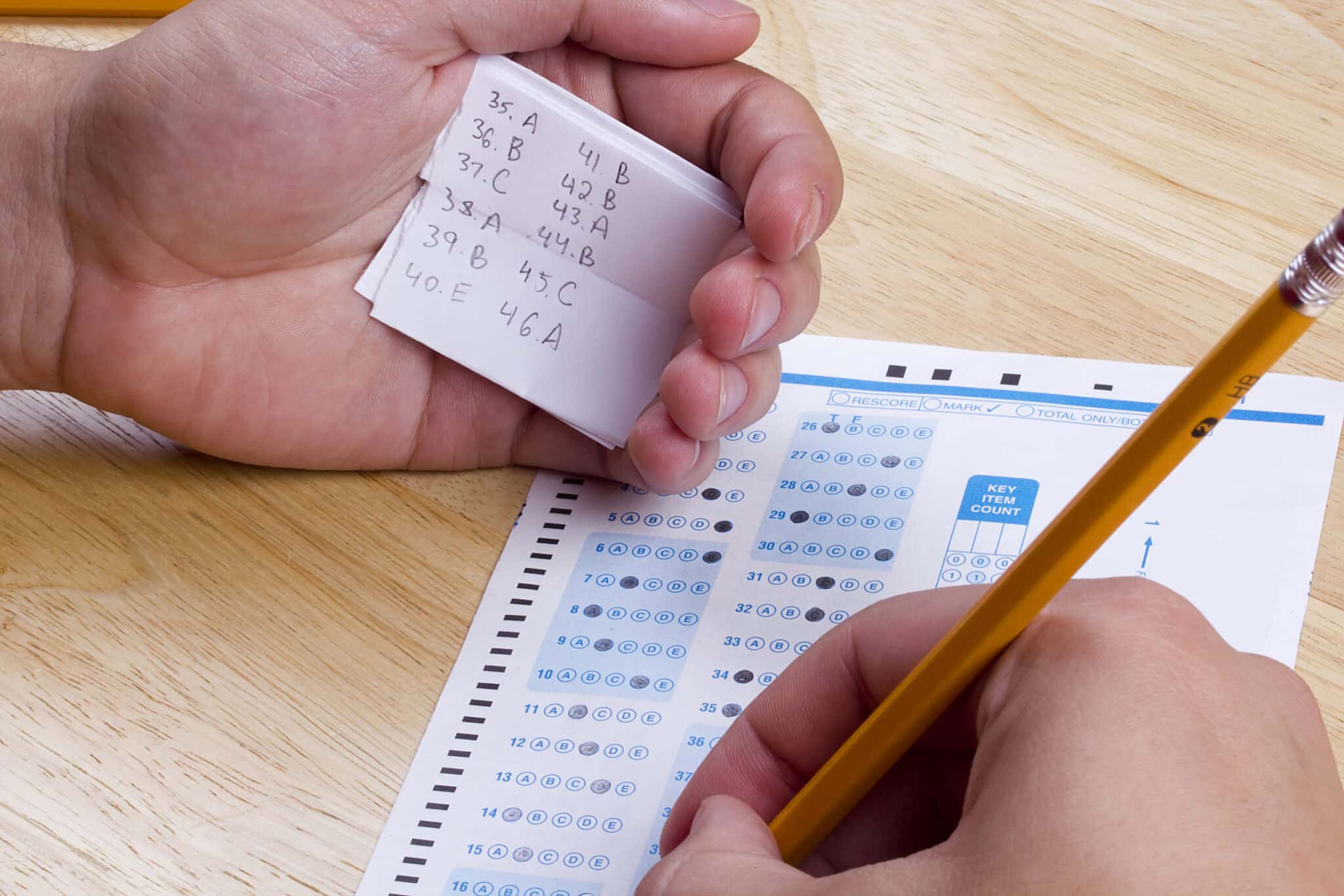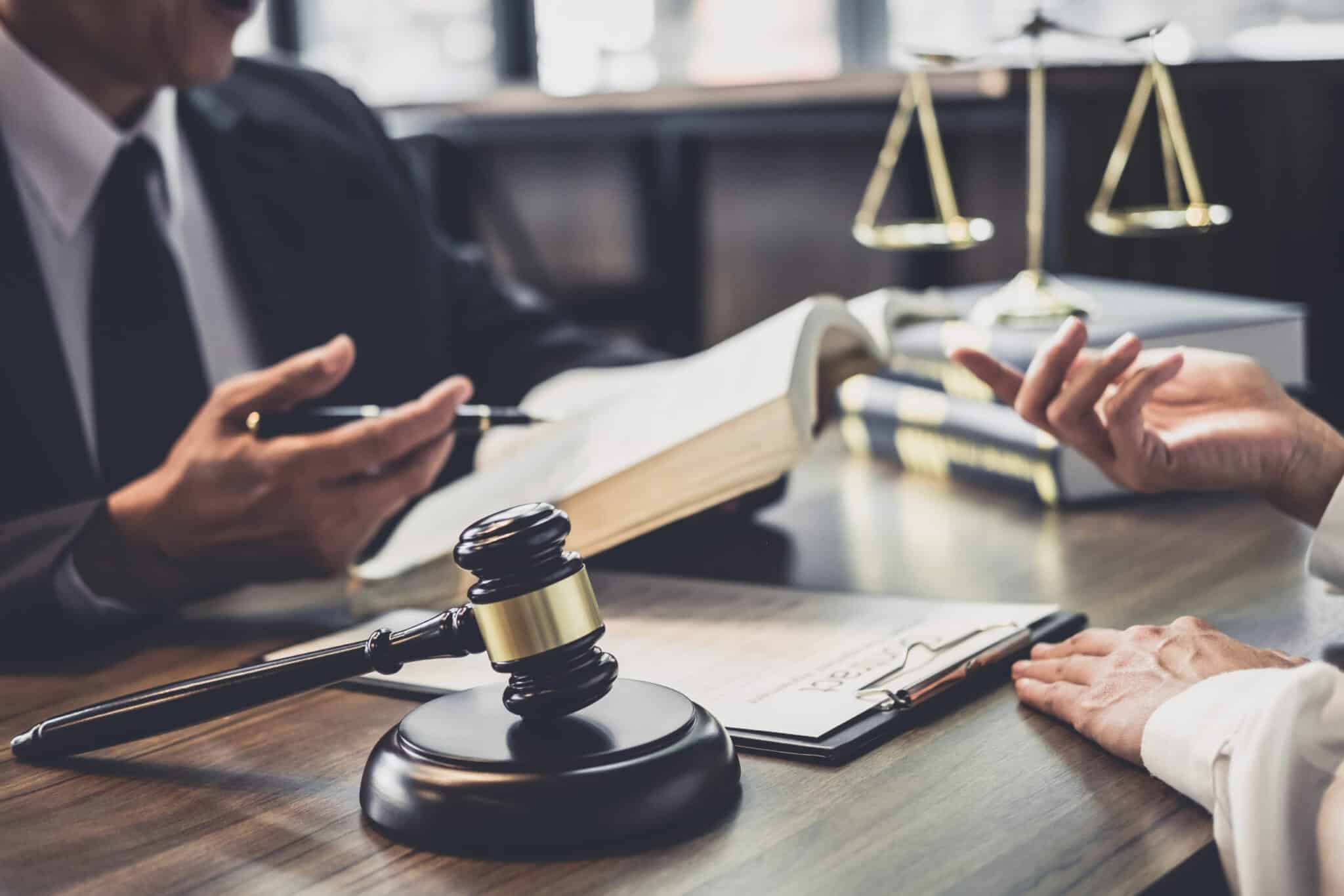What is academic misconduct? Many students don’t know the answer to this question, which can be a huge problem.
Academic misconduct can have serious consequences for students and professionals alike, ranging from educational penalties such as suspension or expulsion, and can potentially ruin your career prospects.
In this blog post, we will discuss what academic misconduct is, and we will also talk about how you can protect yourself from accusations of misconduct.
What is Academic Misconduct?
Academic misconduct is any intentional behavior that undermines academic integrity or misrepresents facts in an academic setting. It can potentially lead to long-term impacts on one’s career since it affects one’s credibility and trustworthiness.
Depending on the severity and frequency of the offense, academic misconduct could range from a failing grade on the assignment to expulsion from school. In addition, those who commit acts of academic misconduct may find it difficult to get accepted into grad school or secure a job after graduation due to their tarnished record.
As a result, employers may view them as untrustworthy individuals and not want to risk hiring them, making it harder for them to pursue their chosen career path.
Examples of Academic Misconduct
Engaging in dishonest behavior has serious consequences that can follow you throughout your life, making it vitally important to uphold standards of honesty at all times while attending school.
Common types of academic misconduct include the following:
- Cheating on exams
- Plagiarizing assignments
- Altering course materials
- Theft of university property
- Altering university documents
- Damage to intellectual property
Let’s explore each type of academic misconduct in greater detail!
Cheating on Exams
Cheating on exams is one of the most common forms of academic misconduct. It occurs when someone breaks ethical rules set by educational institutions to gain an unfair advantage over other students.
Cheating can take many forms, such as:
- Bringing unauthorized notes
- Copying another person’s exam answers
- Fabricating data for projects and papers
- Using electronic devices in the test room
- Receiving help from others during the test

These activities are not only cheating; they are also unethical and illegal.
The consequences of cheating on exams can be severe, even if it is the first time. Depending on the rules set by each school, punishments can vary from disciplinary warnings from the school administration, suspension from classes, or even dismissal from college or university altogether.
In addition to these penalties imposed by a school’s administrators and faculty members, victims of cheating may also sue for damages in civil court. Being caught once for academic misconduct can permanently stain a student’s reputation and have long-lasting effects on their career opportunities after graduation.
Plagiarizing Assignments
Plagiarizing assignments is a form of academic misconduct that can have serious and long-lasting consequences. Plagiarism is when someone presents the work of another person or institution as one’s own by failing to give credit where credit is due.
Plagiarism includes the following:
- Using ideas without proper attribution
- Submitting a paper written by another student
- Copying sections from a book without providing citations
The severity of punishment for plagiarism depends on the context and institution, but it can range from receiving a zero grade for the assignment to being expelled from the university.
Even if students are not formally accused of plagiarism, their reputation may suffer if professors suspect them of dishonesty or lack of effort.
Therefore, it is essential that all students fully understand what plagiarism is and how to avoid it. For example, students can use online AI writing tools to help remove plagiarism from their work.
Altering Course Materials
The consequences of altering course materials can be significant in terms of both academics and career prospects. This type of academic dishonesty is often done to receive higher grades than one deserves.
It refers to changing, adding, or taking away information from academic sources such as textbooks, lecture notes, essays, and other assignments or exams to gain an unfair advantage for one’s work.
Altering course materials can involve using another student’s work without giving them credit or even stealing someone else’s identity by using their name on an assignment they did not complete. The most serious cases involve plagiarizing entire sections of a paper and presenting it as one’s original work.
Theft of University Property
Theft of university property is another form of academic misconduct that carries serious consequences. This behavior directly impacts an educational institution’s reputation and integrity and can lead to disciplinary action from the university.
It can include stealing items such as:
- Textbooks
- Lab Equipment
- Computer Data

It can also have long-term implications for the individual’s career since it reflects poorly on their character and could cause employers to be wary about hiring them. However, most universities have ways of preventing theft, such as installing cameras and creating strict policies.
Altering University Documents
Altering university documents is a form of academic misconduct which can be very serious and have major consequences.
This involves activities including the following:
- Changing grades or evaluation ratings
- Falsifying information to make oneself appear more qualified
- Copying and pasting material from other sources without proper citation
Altering university documents violates not only academic integrity standards but also has potential legal consequences. Depending on the severity of the offense, punishments can range from warnings, suspensions, or expulsion from a university to criminal charges resulting in jail time.
Damage to Intellectual Property
Damage to intellectual property is a form of academic misconduct which can have profound negative impacts on one’s career. When someone violates another person’s intellectual property rights by copying or stealing their work without permission, they engage in academic misconduct.
This type of misconduct can damage the reputation and credibility of the person who committed it and could lead to serious ramifications for their career. They could face harsh penalties such as suspension from school or expulsion, loss of scholarships or financial aid, ruining their chances of ever graduating, or finding a job in their chosen field.
How Does Academic Misconduct Affect Your Career?
Academic misconduct can have a devastating impact on your career. A single mistake or lapse in judgment can have long-lasting repercussions, such as the inability to secure future employment opportunities and being barred from professional certifications and licensure.
Here are a few ways academic misconduct can affect your career:
Academic Misconduct Stays on Your Record
Depending on the severity of the misconduct and where it occurred, academic misconduct can stay on your record indefinitely, affecting your college applications, job applications, and any other endeavor that may require a background check into your educational history. Understanding how academic misconduct impacts that history is critical to making sure you do not make mistakes that could haunt you in the future. Moreover, you should also use a background check tool to see what appears on your records so that you know what will need some explaining when applying for a job.
Long-Term Implications of Academic Misconduct
The long-term implications of academic misconduct can damage one’s career. Depending on the severity of the infraction and the institution’s policy, academic misconduct can lead to suspension or expulsion from an educational program.
In some cases, it could result in a criminal charge, bringing a permanent mark on one’s criminal record that could severely limit future job opportunities or prevent them from pursuing certain positions and careers altogether.
Additionally, those caught engaging in academic misconduct may find their reputation tarnished within the school community and the larger professional networks they belonged to previously.
Academic misconduct can cause potential employers to be less likely even to consider them for open positions and make it more difficult for people to network and find mentors within their industry.

How to Explain Academic Dishonesty to Your New Employer
Explaining academic dishonesty to a new employer can be tricky and sensitive, but it is important to explain it to your new employer thoughtfully and respectfully.
These are some tips on how best to explain academic dishonesty to a new employer:
Be Honest
When talking to a new employer about academic misconduct, it is important to be completely honest and provide an accurate account of what happened.
Being honest and providing a comprehensive description of your academic misconduct can show potential employers that you take responsibility for your actions and are committed to being ethical in all aspects of life.
Explain the Situation Thoroughly
Rather than simply stating that you were caught for dishonesty, explain the specifics of what you did wrong and why it occurred. Additionally, it is important to be open about the repercussions of your actions, such as any disciplinary action taken by the school or any changes you have made in your approach to academics since then.
Explain the Things You’ve Learned
Demonstrating that you have learned from the experience can help show future employers that you have grown from this mistake. Additionally, if you have taken steps to repair any damage caused by academic misconduct, such as making amends with those affected or participating in additional courses or projects related to ethics and integrity, make sure to mention these too.
How Can You Fight Academic Misconduct?
Academic misconduct is a serious offense that can have grave consequences if not addressed promptly and effectively. One of the best ways to fight academic misconduct is to hire an experienced academic misconduct lawyer.

An academic misconduct lawyer will be able to review the evidence against you and advise you on how to proceed to get the most favorable outcome for your case. They will also work to protect your rights as a student, such as proper notice of any disciplinary actions taken by the university or college.
An academic misconduct lawyer can also help you identify any possible defenses against the charges, such as invalidity or lack of proof of actual misconduct.
Executive Wrap Up
Academic misconduct can seriously affect your career if you aren’t careful. It reflects poorly on you and can lead to consequences such as suspension or expulsion from educational institutions.
By following these tips, you can avoid any potential issues with academic misconduct and focus on achieving your academic goals. However, if you are ever accused of academic misconduct, you can hire a lawyer who specializes in academic misconduct to help support your case.
Do you have any questions about what academic misconduct is or how it can affect your career? Let us know in the comments below!


